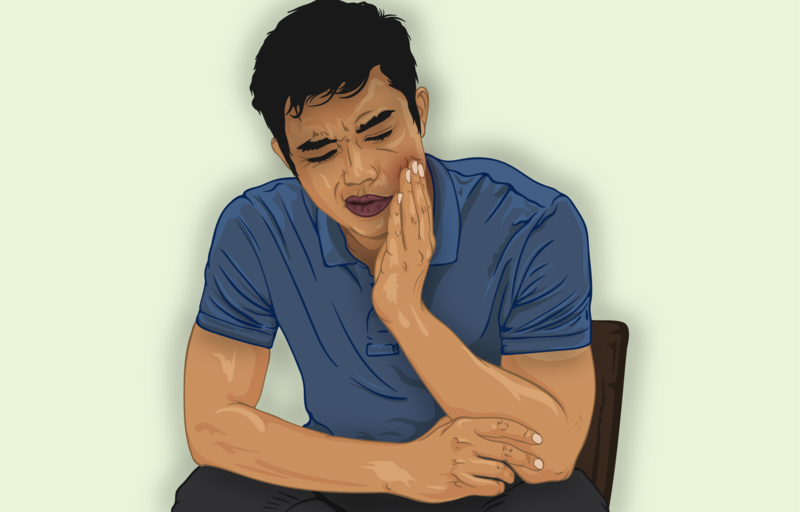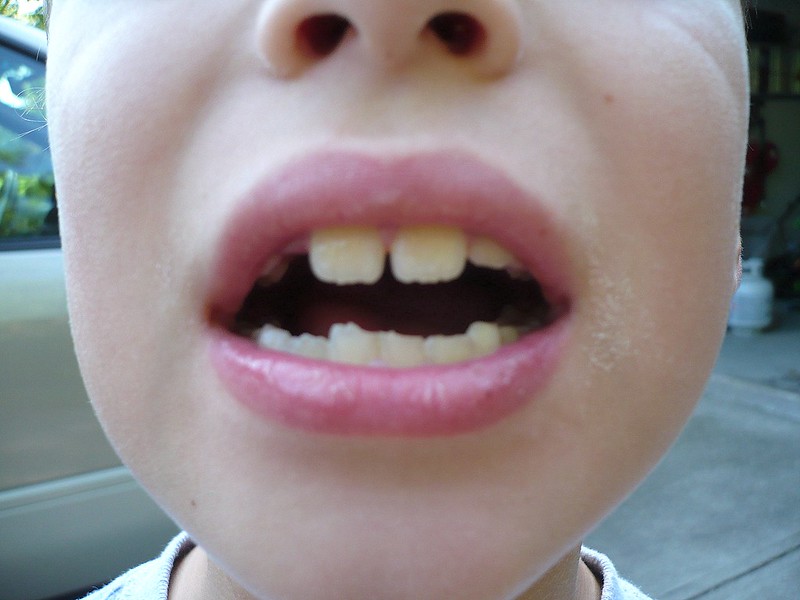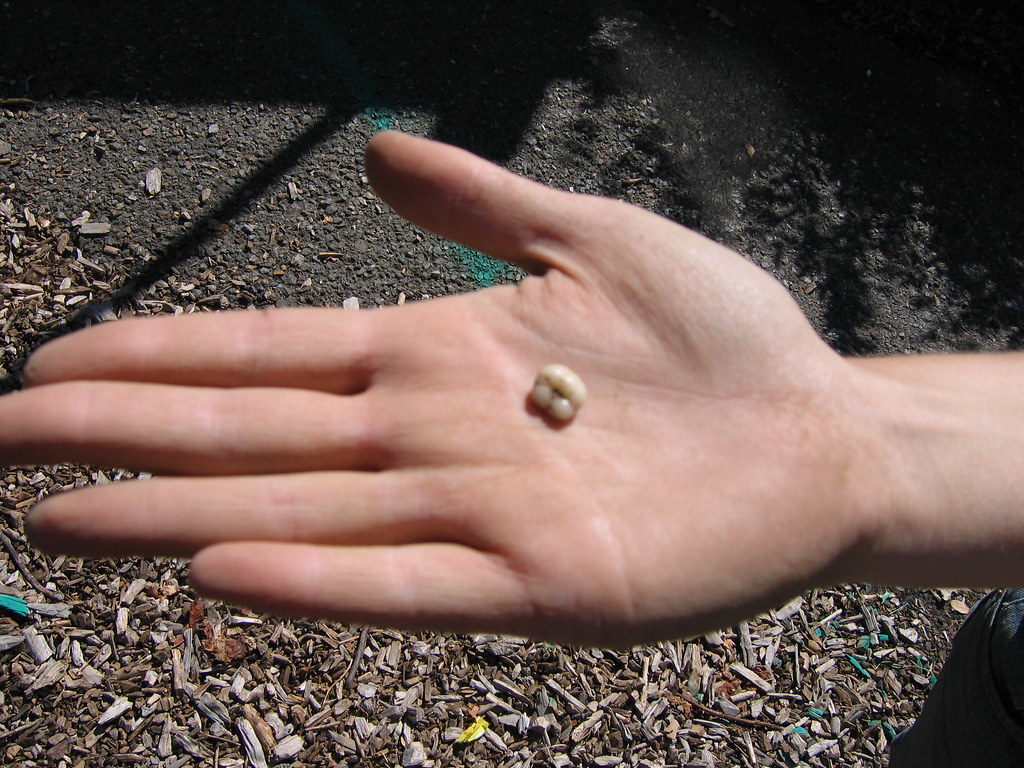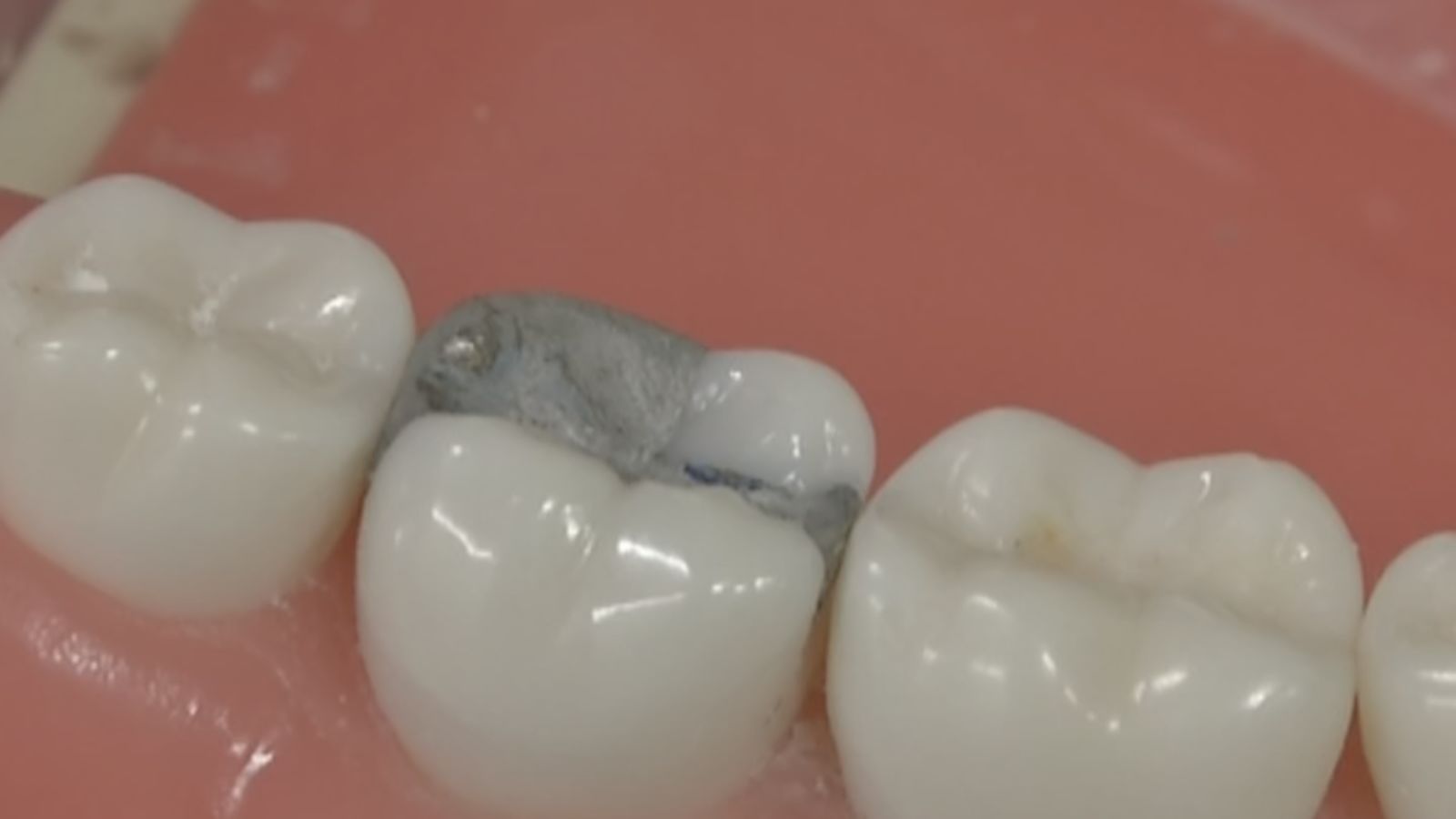Your dentist’s office is closed for the holidays, and you have a dental emergency. How are you supposed to eat, drink, and be merry? Luckily, most problems with teeth or dental work are not serious health issues. Instead, they’re usually more about discomfort that puts a damper on the festivities. Luckily there are things people can do to alleviate pain until the dentist is available. In rare, more severe situations, a visit to the ER might be in order.
When you have a dental emergency during the holiday season, first try calling your dentist. They may have a dentist on-call or an after-hours emergency line that will offer advice on what to do. When all else fails, follow this guide for treating some of the most common dental emergencies at home—and watch out for signs that you should head to the hospital.
Toothache Pain

Even though its cause may be a cavity that’s been growing for a while, toothache pain can come on suddenly. In normal circumstances, it is best to get in to see a dentist right away. But when it happens during the holidays, that might not be possible.
There are home remedies that can alleviate toothache pain until an appointment can be made:
- First, brush and floss to make sure the discomfort isn’t coming from something stuck between the teeth.
- Rinsing with salt water is soothing and can help to disinfect the sore area.
- Over-the-counter pain relievers such as ibuprofen or acetaminophen will also help, as will applying an icepack.
Placing an aspirin directly on the sore tooth is an old wives’ tale and can actually do more harm than good. It can actually cause a chemical burn on the gums and damage tooth enamel.
Toothaches can be very painful, but they typically don’t signal a health crisis. Eating and drinking may be difficult, but leaving the tooth untreated for a few days won’t cause serious harm.
Mouth Swelling
A swollen area in the mouth sometimes comes along with toothache pain. The same home remedies that bring some relief from a toothache can help with swelling too.
Swelling might simply be a sign of a deep cavity, but it can also indicate an abscess or pulpitis, which is an infection deep inside the tooth. This sometimes shows up as a blister-like swelling on the gum near the affected tooth.
With an abscess, a dentist will need to drain the fluid and fix the tooth. Patients should never attempt to lance the abscessed tissue themselves. This can cause an even worse infection that can spread to other parts of the body. Try the home remedies recommended for a typical toothache and get in to see a dentist as soon as possible after the holiday.
If the pain increases, or if breathing or swallowing is affected, go to the hospital emergency room. They won’t fix the tooth, but they can manage the pain and administer antibiotics to treat the infection until a dentist is available.
A Cracked or Chipped Tooth

The holidays mean a lot of parties and extra treats. Unfortunately, all those delicious goodies can cause a dental emergency by wrecking teeth. Breaking a tooth while biting down on something hard—or worse, using your teeth as a tool to open a package—is not uncommon during the holiday season.
The good news is that cracking or chipping a tooth is not always painful unless the break goes very deep and affects the nerve. There may be some initial sensitivity, but saliva forms a temporary protective barrier. It’s definitely something that will need a dentist’s attention, though, as it can cause a sharp spot that will scratch the lips or tongue, affect bite alignment, or let in bacteria that will eventually form a cavity.
When a tooth breaks close to the gum or root, it may bleed. Applying gauze should stop the bleeding, then rinse the mouth with warm water and apply an icepack if there is swelling. This should be sufficient until a dentist can be seen. If the bleeding won’t quit, seek medical attention.
Knocked-Out Tooth

If a tooth is completely knocked out, acting fast could save it. Stop any bleeding with gauze, then rinse the tooth gently, holding it by the crown. If possible, slide it back into place, but make sure it’s positioned correctly. If it won’t go in, and there’s an emergency dentist available, place it in a small amount of milk until you can get there. You might also be able to find a product called Save-a-Tooth at the drugstore. It can extend the life of a dislodged tooth up to 24 hours. There are other DIY things to try when losing a tooth, but how well they work varies.
If the tooth is put back in the mouth within an hour, there is an increased chance of saving it, but there’s no guarantee. If the holidays make it impossible to get treatment right away, the only option might be a tooth implant.
Losing a tooth usually isn’t a reason to go to the emergency room, unless it was caused by some other facial trauma. If there’s any chance that the jaw was harmed too, it’s best to have a medical doctor check it out.
Lost Filling

Chewy, gooey goodies during the holidays can make a filling loose or make it come out altogether. Since a filling’s purpose is to fix a cavity, when it pops out, the inside of the tooth is exposed. This can be very painful if the root is still alive.
Ibuprofen or acetaminophen will help with pain management until you can see a dentist to have the filling replaced. Some people also swear by clove oil to soothe it. Its properties as a pain reliever aren’t proven, but it won’t do any harm either. If it gives some relief, go ahead and use it.
If the missing filling makes it difficult to eat and drink, dental cement can be purchased at most drugstores. A small amount in the tooth’s cavity can seal it well enough until a dental appointment can be made.
Lost or Broken Crown
Similar to a lost tooth, the best thing to do is try to replace the crown over the tooth. Clean it well, and use a small amount of dental cement or denture adhesive to hold it in place.
Since most crowns are put in as part of a root canal procedure, having one fall out can be painful. Over-the-counter pain medication or clove oil are good options to control the discomfort until the crown placement procedure can be repeated by a dentist.
Your Dental Emergency First Aid Kit
Dental emergencies are a bother at any time of the year. During the holidays when dentists aren’t working, it’s the last thing anyone wants to deal with.
For dental emergencies around the holidays or any time that a dentist isn’t immediately available, look to your medicine cabinet for help. Most people have acetaminophen or ibuprofen at home, and an ice pack and saltwater are readily available.
Think about adding a few other items to the home first aid kit. Dental cement or denture adhesive, Save-a-Tooth, and clove oil are all inexpensive additions that could help next time you have a dental emergency and can’t see a dentist right away.


